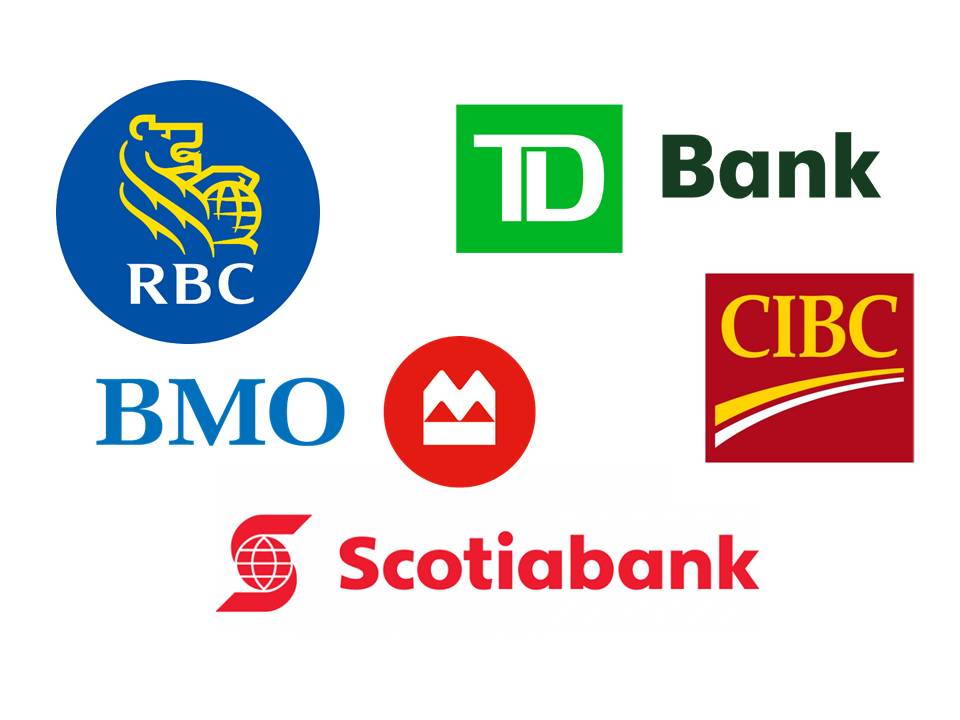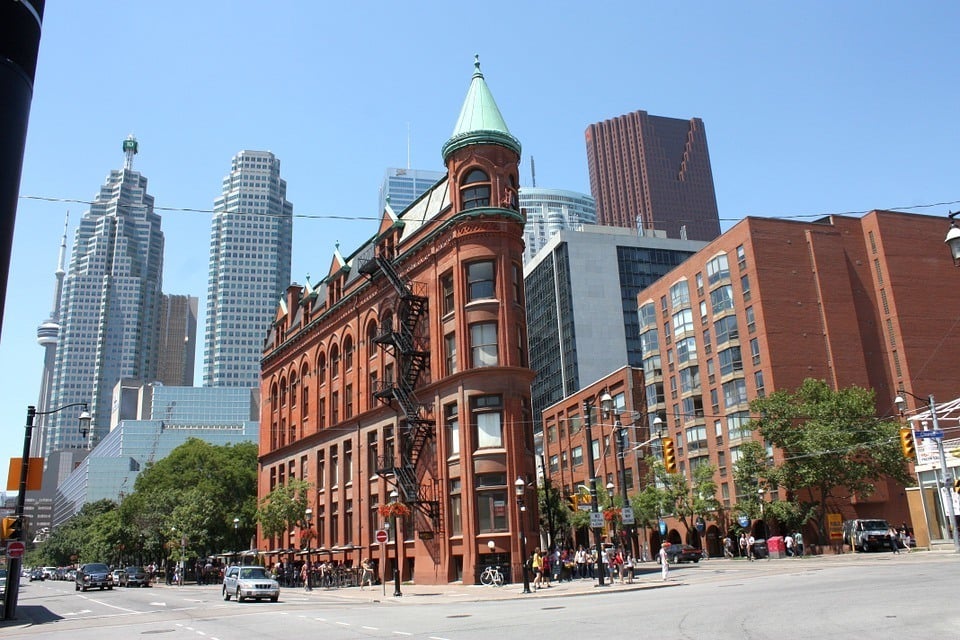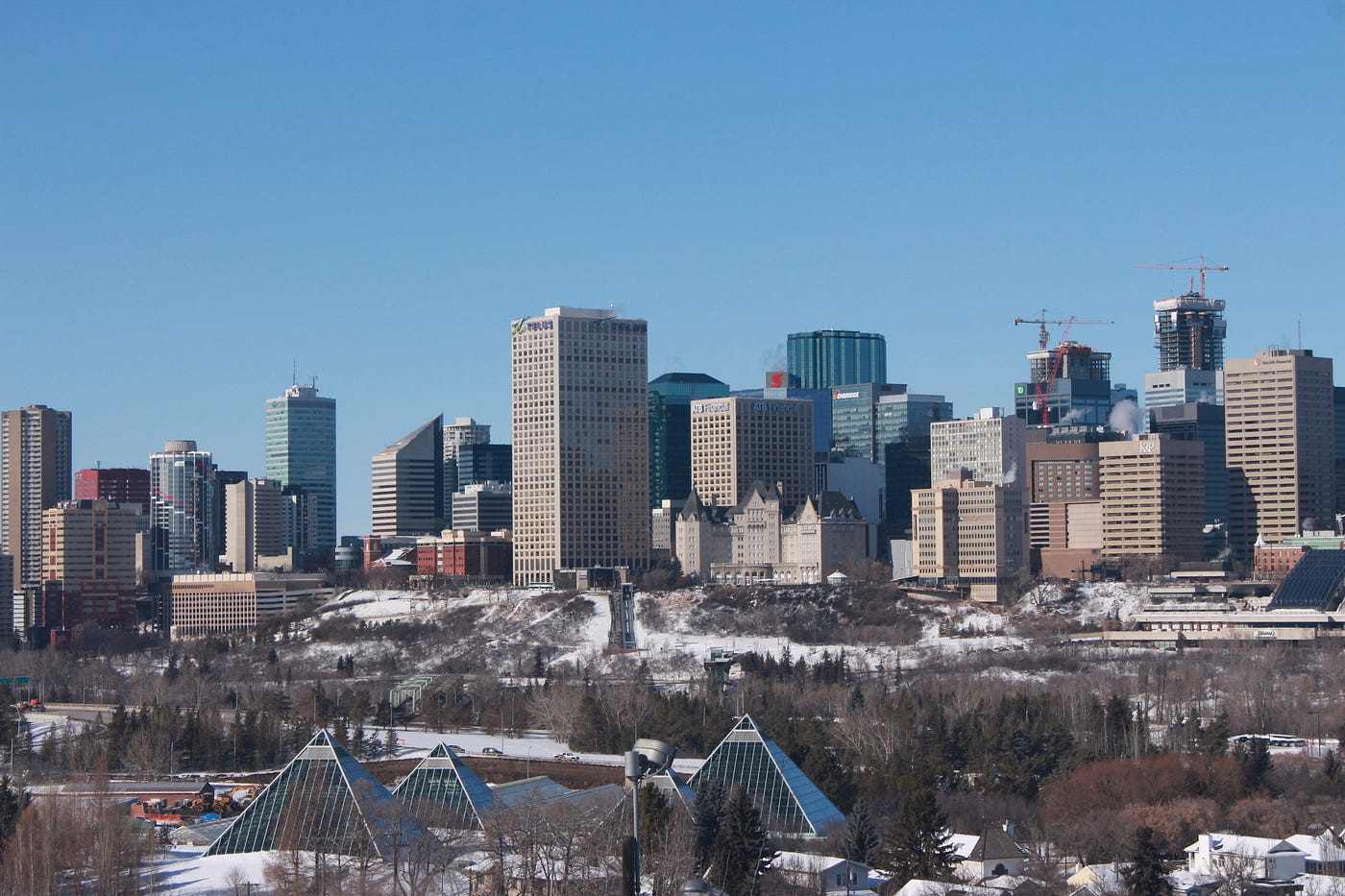Canada Entry Requirements Covid
Canada has lifted most of its COVID-19 travel restrictions, but there are still a few things you need to know before you book your trip.
Advertisement
As of August 13, 2023, fully vaccinated travellers can enter Canada without quarantine. However, they may still be randomly selected for testing. Unvaccinated travellers are still not permitted to enter Canada, except for certain exemptions.
If you’re looking to visit Canada during this time, it’s important to be aware of the entry requirements for non-Canadians due to COVID-19. In this blog post, we’ll cover all the essential information you need to know when it comes to Canada’s entry requirements during the pandemic.
Overview of Canada entry requirements during COVID
Canada has implemented various entry requirements for non-Canadians due to the ongoing COVID-19 pandemic. These requirements aim to ensure the safety of both visitors and residents, as well as help control the spread of the virus within the country.
To enter Canada during the pandemic, all travelers, regardless of nationality, must possess a valid travel document, such as a passport. In addition, individuals are required to have a valid visa or Electronic Travel Authorization (eTA), unless exempted. It is important to check if your country of residence requires a visa or an eTA for entry into Canada.
Furthermore, COVID-19 testing is an essential requirement for entering Canada. All travelers, including Canadian citizens and permanent residents, must provide proof of a negative PCR or molecular test result taken within 72 hours prior to their scheduled departure to Canada. Rapid antigen tests are not accepted for entry purposes.
Advertisement
It is important to note that this requirement applies to all individuals aged 5 and older. Upon arrival in Canada, travelers are also required to undergo a mandatory quarantine period. This quarantine can last for up to 14 days and must be completed at a suitable quarantine location, such as a hotel or private residence.
During the quarantine period, individuals must refrain from leaving their designated location and should follow all public health guidelines. These are just some of the key entry requirements for Canada during the COVID-19 pandemic. It is crucial to stay updated on the latest regulations and guidelines, as they may change over time. By following these requirements, we can all contribute to the health and safety of everyone in Canada.
Documents Needed For Entry Into Canada
When planning a trip to Canada during the COVID-19 pandemic, it’s crucial to ensure that you have all the necessary documents for entry.
Here’s a comprehensive list of the documents you’ll need:
- Valid Passport: All travelers, regardless of their nationality, must possess a valid passport. Ensure that your passport is not expired and has enough validity remaining for the duration of your stay in Canada.
- Visa or Electronic Travel Authorization (eTA): Depending on your country of residence, you may need a visa or an eTA to enter Canada. It’s important to check the official Canadian government website or consult with the nearest Canadian embassy or consulate to determine the specific requirements for your nationality.
- COVID-19 Test Results: All travelers, including Canadian citizens and permanent residents, are required to provide proof of a negative PCR or molecular test result taken within 72 hours before their scheduled departure to Canada. Rapid antigen tests are not accepted. This requirement applies to individuals aged 5 and older.
- Arrival Forms: Before arriving in Canada, travelers must complete the necessary arrival forms. This includes the ArriveCAN application, which can be completed online or through a mobile app. This form collects important information for contact tracing purposes.
It’s important to note that these document requirements may vary depending on your nationality, purpose of travel, and the specific regulations in place at the time of your visit. It’s essential to stay updated on the latest information and guidelines provided by the Canadian government to ensure a smooth entry into the country.
COVID Testing Requirement
As part of the entry requirements for traveling to Canada during the COVID-19 pandemic, all travelers, regardless of nationality, must undergo COVID-19 testing. This testing requirement is put in place to ensure the safety and well-being of both visitors and residents, as well as to help control the spread of the virus within the country.
To enter Canada, travelers are required to provide proof of a negative PCR or molecular test result taken within 72 hours prior to their scheduled departure. It’s important to note that rapid antigen tests are not accepted for entry purposes. This testing requirement applies to all individuals aged 5 and older, including Canadian citizens and permanent residents.
When getting tested for COVID-19, it’s essential to choose a reputable testing facility and ensure that the test conducted meets the specific requirements set by the Canadian government. It’s also crucial to plan ahead and schedule the test within the required timeframe before your departure to Canada.
The negative test result must be presented to the airline before boarding your flight, as well as to the border services officer upon arrival in Canada. Failure to provide a negative test result may result in denied entry into the country.
It’s important to stay updated on the latest information regarding COVID-19 testing requirements, as they may change over time. Checking the official Canadian government website or consulting with the nearest Canadian embassy or consulate can provide you with the most accurate and up-to-date information.
By adhering to the COVID-19 testing requirements, we can all play our part in keeping Canada safe and healthy.
Quarantine Rulers For Travelers To Canada
Once you’ve entered Canada during the COVID-19 pandemic, you will be required to undergo a mandatory quarantine period. This is an important measure put in place to ensure the safety and well-being of both visitors and residents, as well as to help control the spread of the virus within the country.
During your quarantine, you will need to stay at a suitable quarantine location, such as a hotel or a private residence. It’s important to note that you will not be able to quarantine with friends or family members who are not traveling with you. If you do not have a suitable quarantine location, the Canadian government can provide guidance on available options.
The quarantine period can last for up to 14 days, depending on your specific circumstances. During this time, you must not leave your designated location, unless it is for essential reasons, such as seeking medical attention. It is crucial to follow all public health guidelines and restrictions, including wearing a mask, practicing social distancing, and washing your hands regularly.
While in quarantine, it’s important to monitor your health and watch for any symptoms of COVID-19. If you develop symptoms, you should immediately contact a healthcare professional for guidance and follow their instructions.
Remember, quarantining is a vital step in protecting yourself and others from the spread of COVID-19. By following the quarantine rules, you are contributing to the health and safety of everyone in Canada.
Vaccination Requirements For Travel To Canada
As vaccination efforts continue to roll out around the world, many countries, including Canada, are considering the implementation of vaccination requirements for travelers. While vaccination requirements for entry into Canada are not currently in effect, it’s important to stay informed about any updates or changes to these requirements.
At the moment, Canada does not have specific vaccination requirements for travelers entering the country. However, it is possible that in the future, proof of vaccination may be required for entry or exempt travelers from certain entry restrictions.
As vaccines become more widely available and the global situation evolves, the Canadian government may consider implementing vaccination requirements as an additional measure to protect public health and prevent the spread of COVID-19.
It’s important to note that even if vaccination requirements are put in place, they would likely be in addition to the existing entry requirements, such as negative COVID-19 test results and mandatory quarantine periods.
To stay updated on the latest information regarding vaccination requirements for travel to Canada, it’s recommended to regularly check the official Canadian government website or consult with the nearest Canadian embassy or consulate. These sources will provide the most accurate and up-to-date information regarding any changes to entry requirements related to COVID-19 vaccinations.
In the meantime, it’s essential to continue following all existing entry requirements, such as testing and quarantine measures, to ensure a safe and smooth journey to Canada. By staying informed and prepared, you can navigate the current travel landscape and contribute to the health and safety of everyone in Canada.
Special Rules For Unvaccinated Travelers
As the global vaccination effort progresses, countries are considering implementing vaccination requirements for travelers. While Canada has not yet implemented specific vaccination requirements for entry, there are special rules in place for unvaccinated travelers.
If you are not fully vaccinated, you may face additional restrictions and requirements when entering Canada during the COVID-19 pandemic. It is important to familiarize yourself with these rules to ensure a smooth journey.
Unvaccinated travelers are still required to meet the general entry requirements, such as possessing a valid travel document and obtaining a visa or eTA if necessary. However, they may face additional testing and quarantine measures.
For unvaccinated travelers, a pre-departure COVID-19 test taken within 72 hours of their scheduled departure to Canada is mandatory. Upon arrival in Canada, they will also be required to take another COVID-19 test and undergo a mandatory quarantine period of up to 14 days at a designated quarantine location. During this time, they must follow all public health guidelines and restrictions.
It is important to note that unvaccinated travelers may also face limitations on certain activities and access to public spaces in Canada. Local restrictions may vary depending on the province or territory they are visiting. It is crucial to stay informed about any specific travel restrictions in the region you plan to visit.
Remember, these special rules for unvaccinated travelers are in place to protect public health and prevent the spread of COVID-19. By adhering to these rules and following all recommended health measures, we can all contribute to the health and safety of everyone in Canada.
Travel Restrictions In Specific Canadian Provinces
When planning a trip to Canada during the COVID-19 pandemic, it’s important to be aware that travel restrictions and guidelines may vary depending on the province or territory you plan to visit. While Canada has implemented nationwide entry requirements and quarantine rules, there may be additional restrictions and measures in place in certain provinces to further control the spread of the virus.
For example, some provinces may have specific quarantine protocols or testing requirements upon arrival. They may also have different rules regarding the use of public spaces, capacity limits for gatherings, and mandatory mask-wearing in certain settings. These restrictions can vary based on the current COVID-19 situation in each province and may change over time.
It’s crucial to stay updated on the travel restrictions and guidelines specific to the province or territory you plan to visit. Check the official government websites of the province or territory, as well as the Canadian government website, for the latest information and updates. Additionally, consult with the local public health authorities or reach out to the nearest Canadian embassy or consulate for any specific questions or concerns.
By staying informed about the travel restrictions in specific Canadian provinces, you can ensure a safe and compliant visit to Canada. Remember, these measures are in place to protect public health and prevent the spread of COVID-19. So it’s important to follow all the guidelines and restrictions set by the local authorities.




